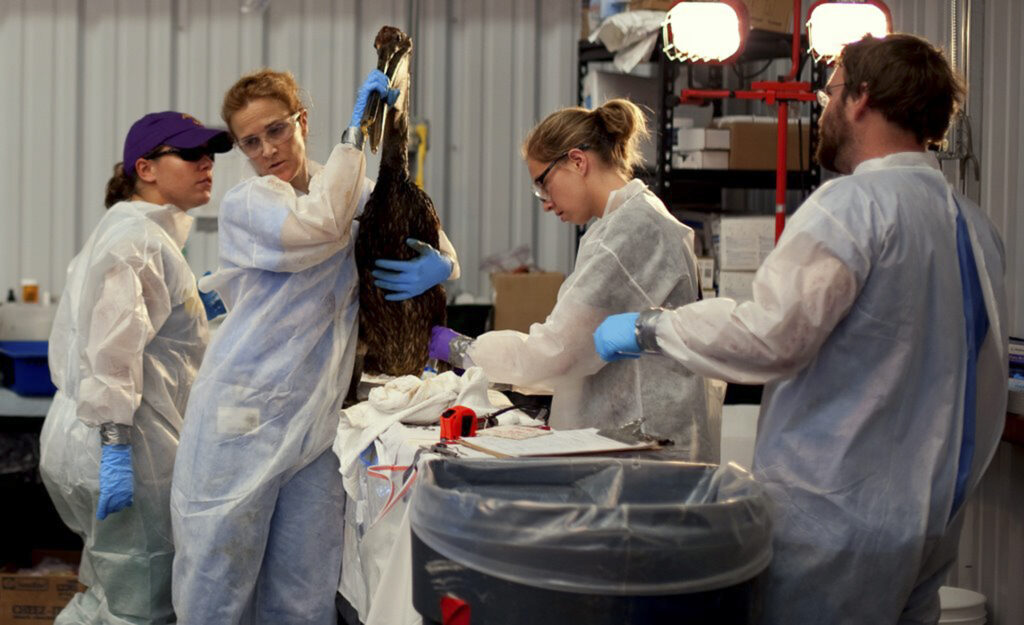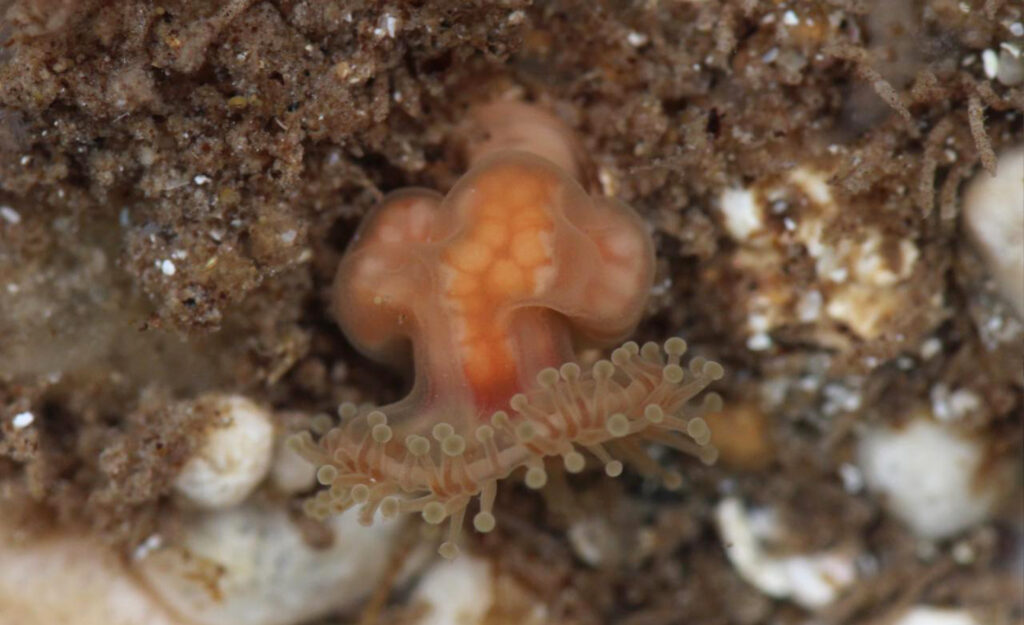
Progress towards the recognition of ecocide as an international crime
A motion (motion 061), supported by the Wildlife trusts among other environmental groups, invites IUCN members to support the recognition of ecocide as an international crime. Supporters, including wildlife trusts CEO Craig Bennett, argue that recognition would ensure that no actor can cause severe, widespread or long-term harm to nature without facing criminal consequences. Proponents have argued for decades (including a notable 10-year campaign led by barrister and green ambassador Polly Higgins) that international recognition of ecocide as a crime is essential if we are to collectively mitigate global environmental crises and protect nature. The motion will be considered at the next IUCN World Conservation Congress, set to take place in Abu Dhabi, UAE, in October.
Restrictions on the use of lead ammunition in Britain
Almost all shotgun pellets and bullets containing lead are to be banned in the UK under restrictions which will be phased in between 2025- 2028. The persistence of the usage of lead in shooting has led to the death of an estimated 100,000 waterfowl each year, alongside countless other grit-eating birds, raptors and scavengers. The new restrictions have been welcomed by environmental groups and are consequent to a decades long campaign. The story up to this point was covered in British Wildlife Volume 36.4.

The global impact of chronic oiling
The Guardian and Watershed Investigations have revealed damning statistics which underly a lack of understanding of the extent of oil spills in global seas. Extensive research, through the analysis of hundreds of thousands of satellite images over a five-year period shows that only 474 of more than 90,000 oil slicks from ships were reported to authorities between 2014 and 2019. The figures suggest that the extent of anthropogenic oil pollution has been grossly underestimated.
Lost jellyfish rediscovered
A species of stalked jellyfish, Depastrum cyathiforme, that had not been seen anywhere globally for more than 40 years and had never captured on camera has reemerged in the Outer Hebrides.
Naturalist, Neil Roberts, took the first photographs of the thistle shaped jellyfish in 2023. Its rediscovery, revealed by British Wildlife magazine, has been confirmed by a follow-up search that successfully located another individual. Marine naturalists have called for further exploration to establish whether populations exist outside of South Uist, around wider Britain and mainland Europe.


